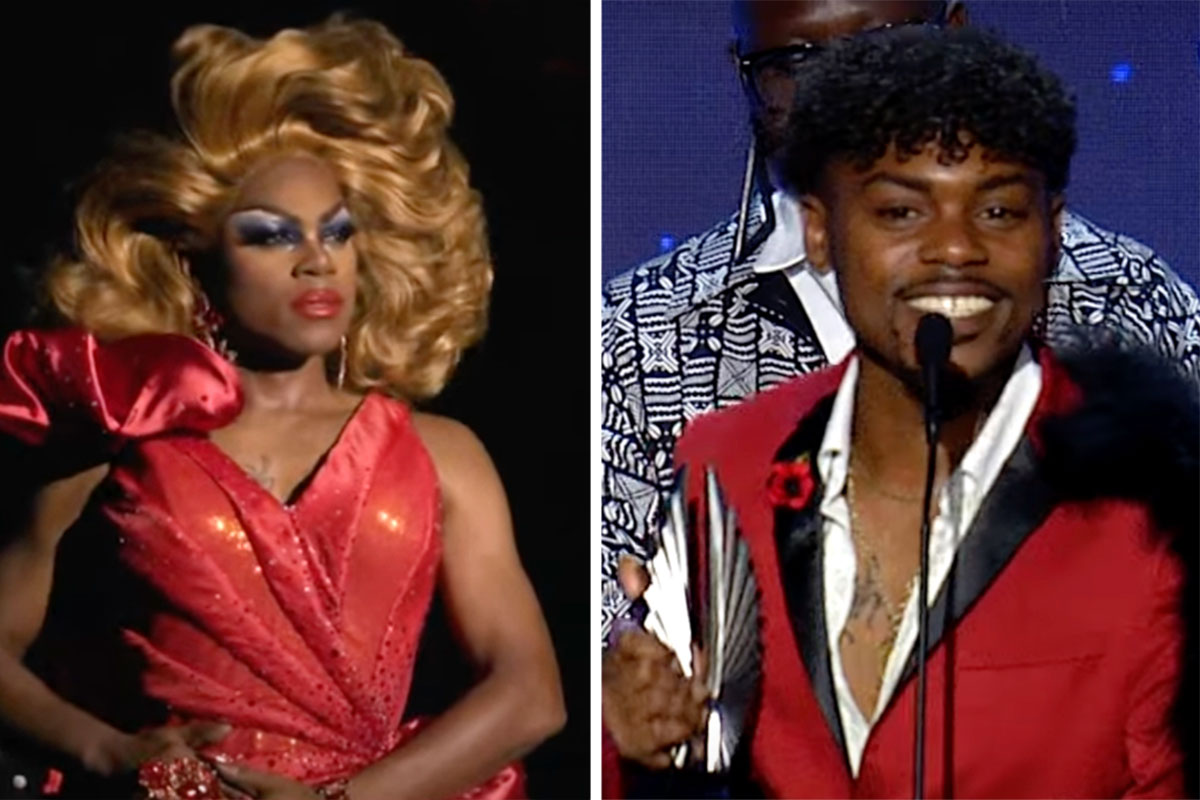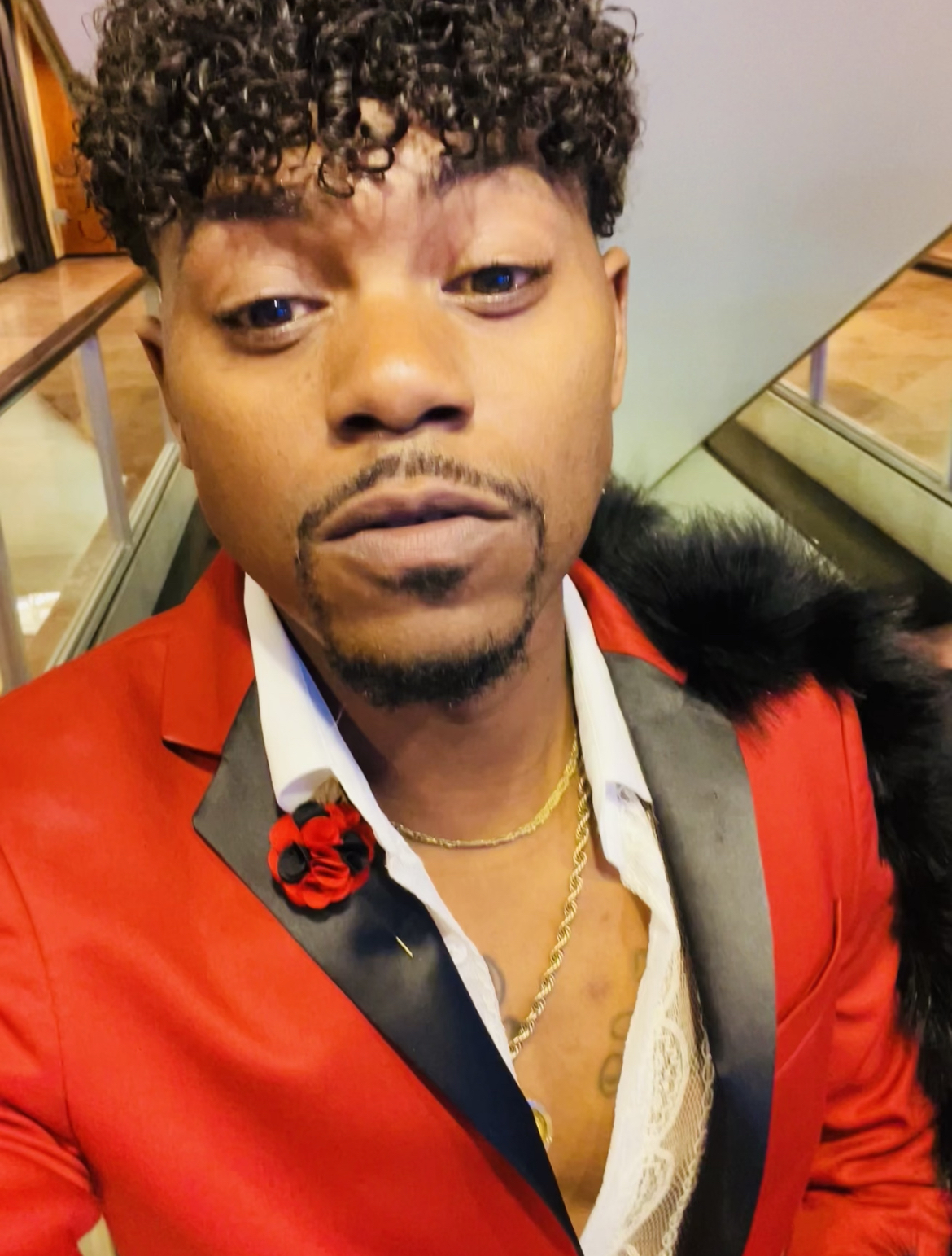When I agreed to appear on the third season of the hit MAX (formerly HBO MAX) series “We’re Here,” I naively thought viewers wouldn’t watch. I believed I’d just continue to move through the world anonymously without being confronted with parts of my life that I only began to unpack as cameras began rolling in my Jackson, Miss., apartment.
The release of the trailer in November 2022 and the almost immediate termination from my property-management job was my first reminder that anti-LGBTQ bias in Mississippi is real and, in some cases, can result in the loss of one’s livelihood.
With the newfound attention from the show, my safety in Jackson was also a concern—strangers following me home and receiving unexpected knocks on my front door became routine—prompting a move. It became increasingly clear that my life would look drastically different after the show. And although I was resistant to change, the time had come.
‘I Wasn’t Supposed to Survive, But I Did’
How do I identify? That was one of the first in a series of questions my show mentor Bob The Drag Queen asked as he sat across from me on the sofa in my living room. Even then, I could not own the truth about my identity. Instead, I found refuge in the clinical term “MSM” (men who have sex with men). I’m not too fond of labels and will push back against anyone who attempts to place me inside a box, but I also realized that I was disconnected from my actual lived experience.
For the first time, I was confronting the ugliness of my childhood that stifled my growth and prevented me from flourishing as a Black gay man, and I was doing it on camera for millions of strangers to critique.
I was not in a place mentally where I could accept myself. And what few people know is that I stopped filming. I was sharing painful moments I’d never shared with anyone, and the pain was still fresh. No one ever seemed to be happy with me, especially my mother, who couldn’t hide her disgust at having a gay child and often showed me by getting physical.
To this day, I’ve never understood why. My mother and I haven’t spoken in years, and while it used to bother me, I now believe I dodged a bullet. The adults’ reactions made me think I was damaged and unworthy of being loved. It’s a miracle that I allowed James, my partner of 10 years and my fiancé for the last four years, to love me.
| “We’re Here” is a reality TV series on MAX (formerly HBO MAX) featuring former RuPaul’s Drag Race contestants visiting American small towns, helping people to embrace their authentic selves. Here, De’Bronski Jefferson performs his drag version of “And I Am Telling You I’m Not Going” in Jackson, Miss. Courtesy YouTube |
James is patient, kind, and in quiet ways, he challenged the internalized homophobia and rigid ideas about Black masculinity that I once elevated as the standard. Years passed before James revealed to me that he enjoyed the art of performing in drag.
A derogatory conversation he overheard me having about drag queens hindered him from sharing that aspect of his life. Ironically, stepping into drag on “We’re Here” brought us even closer and proved to be a radically affirming act of self-love and acceptance. Lip-syncing to the power ballad “And I Am Telling You (I’m Not Going)” from the musical “Dreamgirls” took on a new meaning each time I sang the words, “You’re gonna love me.”
I was no longer asking for permission. I was standing in the fullness of myself as a Black gay man and demanding the love I gave to everyone else be reciprocated.
My fears did not abandon me. But the process of filming “We’re Here” was the first time that I didn’t feel invisible. I wasn’t supposed to survive what I’ve been through, but I did. “We’re Here” won the GLAAD Media Award for Outstanding Reality Program in May 2023. Standing on stage to accept the award was the manifestation of what is achievable when you choose authenticity over fear. I remember crying for so many days, fearing that no one would understand or accept me as I am.
I hope my story will be a light for other people, particularly Black LGBTQ people across the South who exist at the intersection of Blackness and queerness and are faced daily with the demand to place a hierarchy on our identities.
As LGBTQ Pride Month gets underway, I’m preparing to perform in drag again and speak on a panel at the inaugural River City Black Gay Pride in Greenville, Miss., in July. I am still a work in progress, but I thank God I know the importance of demanding nothing less than respect for my humanity. I’ve learned sometimes you have to teach people how to treat you. I’m just glad that I loved myself enough to learn the lesson first.
This MFP Voices essay does not necessarily represent the views of the Mississippi Free Press, its staff or board members. To submit an essay for the MFP Voices section, send up to 1,200 words and factcheck information to azia@mississippifreepress.org. We welcome a wide variety of viewpoints.






